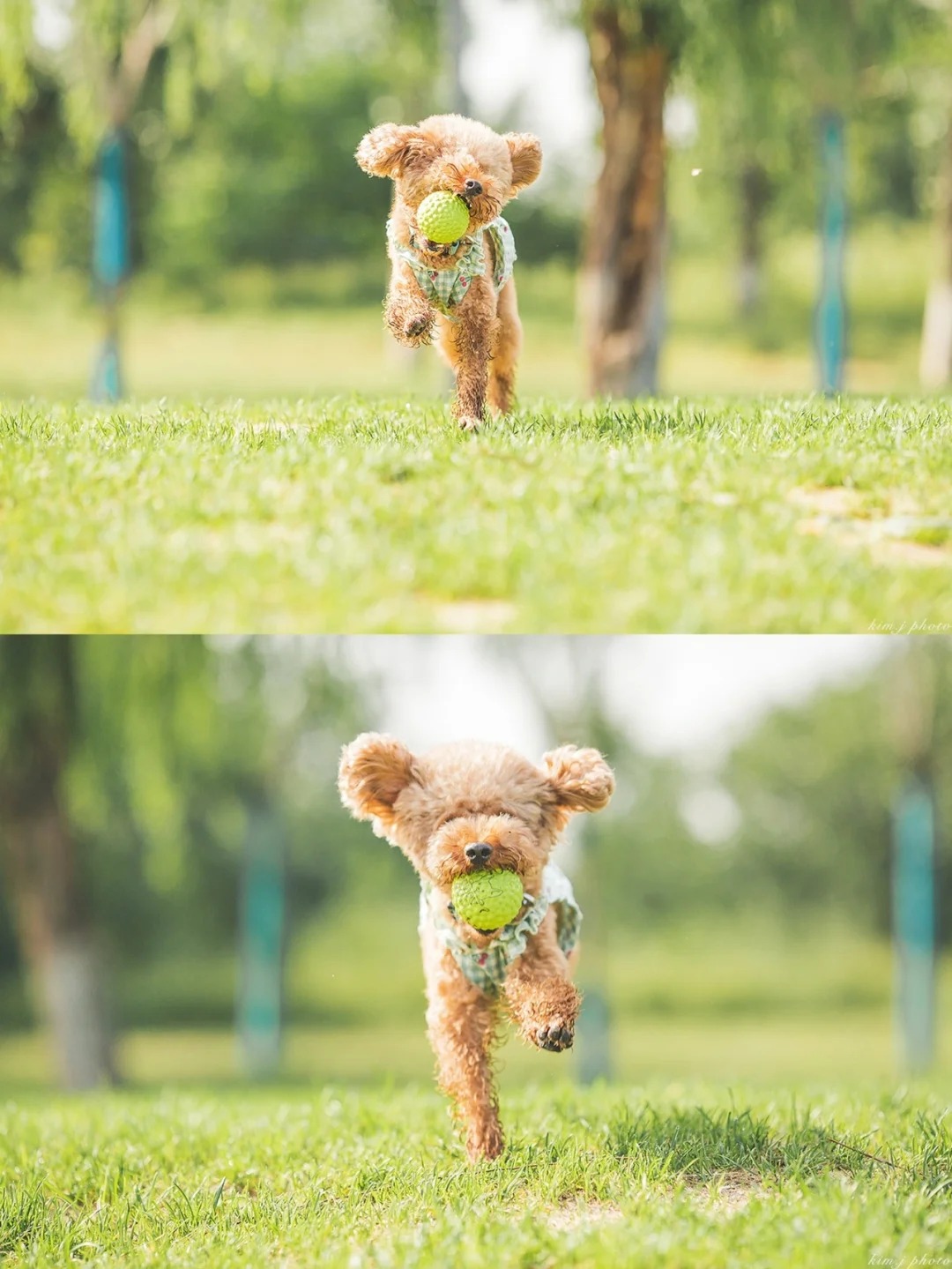**Is there an intelligence ranking among dogs, with the top being smart and the bottom being dumb? If that's the case, why do breeders still breed those dogs that fall at the bottom?**
So, the answer is quite obvious. This ranking is no different from putting Michael Jackson, Michael Jordan, Michael Douglas, Mike Tyson, and Michael Schumacher in a singing competition. Naturally, Michael Jackson would come in first, while the others—actors, athletes, and champions—would end up lower on the list.
In reality, these individuals are all No.1 in their respective fields. Likewise, every dog breed has its own functions and roles, and these functions are linked to three types of dog intelligence. Judging dogs based solely on one type of intelligence is meaningless.
### 1. The Three Types of Dog Intelligence
#### Instinctive Intelligence
This is the purpose for which humans breed certain dogs. For example, herding dogs are bred to help people gather and move animals in a specific direction. This ability is innate; humans don't need to "teach" it but merely guide and control it. Different breeds have distinct instinctive intelligence. Guard dogs will watch over things, retrievers will fetch game, and hunting dogs are adept at tracking and hunting down prey. Each breed's instinctive intelligence is suited to their respective tasks rather than being labeled as "smart" or "dumb."
#### Adaptive Intelligence
This measures what dogs can learn on their own from their environment and life experiences, including problem-solving. Dogs adapt and become more "intelligent" by learning from their surroundings. For example, dogs that learn to open doors or turn on lights exhibit a high level of adaptive intelligence. This type of intelligence can vary even within the same breed. Exposure to various environments, people, and animals can help develop a dog's adaptive intelligence, making them more resilient and open to new experiences.
#### Working and Obedience Intelligence
This refers to a dog's willingness to comply with human commands to perform complex actions, such as police dogs, military dogs, guide dogs, and search and rescue dogs. This type of intelligence is similar to human learning abilities in schools, as it’s based on how much a dog can learn from human guidance.
### 2. How does the Intelligence Ranking Differ?
High-ranking dogs on the intelligence chart are evaluated based on the third type of intelligence (working and obedience). Dogs ranked lower are often those with strong instinctive intelligence, doing their tasks without much human interaction, thus appearing less obedient. Breeds like terriers, mastiffs, and scent hounds fall into this category. The Afghan Hound, for instance, is very independent and doesn't rely on human interaction, thus ranking lower in obedience tests.
### 3. The Cost of Being "Smart"
We all want a smart dog, but intelligence comes at a price. A smart dog learns quickly, but they also learn to push boundaries and test your rules. Breeds with strong instinctive intelligence, like herding retriever dogs, can become fixated on certain activities, which might cause trouble in modern settings. Adaptive or working intelligence, if not properly guided, can also lead to problematic behaviors.
### 4. What Dog Should We Choose?
Chasing intelligence is futile. We need to develop and train a dog's intelligence and satisfy its instincts with proper activities. Fit the breed to your lifestyle.
If you're active, choose a breed that matches your energy level. If you're more of a homebody, choose a quieter, less active breed. Your experience with dogs also matters. If you're experienced, you might handle more independent breeds; if not, pick one with high working and obedience intelligence.
Regardless of the breed, you should develop their adaptive intelligence through experiences and training to integrate better into modern life.
**Conclusion:** So, what makes a dog smart or dumb? A dog that fits your lifestyle, builds a strong emotional bond with you, and undergoes your training becomes smart. Conversely, a dog you can't manage or haven't invested time and effort in training is considered dumb. By meeting their instinctive needs and helping develop their adaptive intelligence, you might one day have a dog that feels like a genius 🐕




